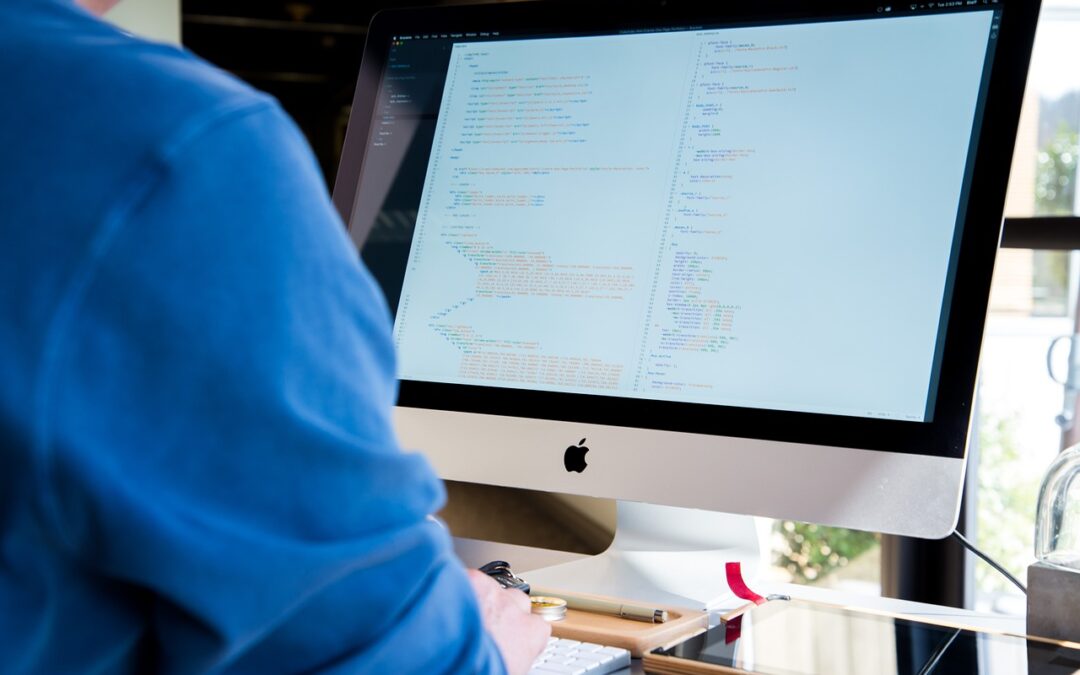In today’s digital age, having a strong online presence is essential for any business or individual looking to make an impact. A well-designed website can enhance your brand, attract customers, and drive growth. However, to achieve this, you need a skilled web developer. The challenge is finding a good web developer who can bring your vision to life. Here’s a comprehensive guide on how to find a good web developer, focusing on crucial steps and considerations.
1. Define Your Project Requirements
Before you start your search for a web developer, clearly define your project requirements. Determine the type of website you need (e.g., e-commerce, portfolio, blog), the functionalities you want (e.g., user accounts, payment processing, custom forms), and your budget and timeline. Having a detailed project scope will help you find a developer who specializes in your specific needs and can deliver the desired results.
2. Look for Recommendations
Word-of-mouth recommendations are invaluable when searching for a good web developer. Ask colleagues, friends, and business associates if they can recommend a developer they’ve worked with successfully. Personal referrals often lead to trustworthy and competent developers who have proven their skills.
3. Explore Online Platforms
Several online platforms can help you find a good web developer:
- Freelance Websites: Platforms like Upwork, Freelancer, and Fiverr offer access to a vast pool of freelance web developers. You can review their profiles, portfolios, client ratings, and feedback to gauge their capabilities.
- Professional Networks: LinkedIn is an excellent place to find professional web developers. Use relevant keywords to search for developers, review their profiles, endorsements, and recommendations.
- Job Boards: Websites like Indeed, Glassdoor, and Stack Overflow Jobs list opportunities to hire web developers. Posting your project on these job boards can attract qualified candidates.
4. Review Portfolios
A developer’s portfolio is a showcase of their skills and experience. Review the portfolios of potential candidates to assess their work quality, style, and versatility. Look for projects similar to yours to ensure they have relevant experience. Pay attention to the design, functionality, and user experience of the websites they have built.
5. Check References and Reviews
Contact the references provided by the developer and ask about their experience working with them. Additionally, read online reviews and testimonials on their profiles. This feedback will give you insights into their professionalism, reliability, and ability to meet deadlines.
6. Conduct Interviews
Once you have shortlisted potential web developers, conduct interviews to assess their suitability for your project. Prepare a list of questions to evaluate their technical skills, problem-solving abilities, and communication skills. Some key questions include:
- Can you describe your experience with similar projects?
- What is your approach to project management and communication?
- How do you handle challenges and unexpected issues during development?
- Can you provide a timeline and cost estimate for my project?
7. Evaluate Technical Skills
A good web developer should have a strong foundation in key technologies such as HTML, CSS, JavaScript, and relevant frameworks (e.g., React, Angular, Vue.js). If you require backend development, look for expertise in server-side languages like PHP, Ruby, Python, or Node.js. Additionally, knowledge of databases (e.g., MySQL, MongoDB) and CMS platforms (e.g., WordPress, Drupal) may be necessary based on your project requirements.
8. Assess Communication and Collaboration
Effective communication and collaboration are crucial for the success of your project. Ensure the developer is responsive, open to feedback, and can communicate complex technical concepts in a way you understand. Good developers should provide regular updates and be proactive in addressing any concerns.
9. Consider Cultural Fit
A developer’s cultural fit with your team or organization can impact the overall project experience. Assess whether their work style, values, and approach align with yours. A good cultural fit can lead to a more harmonious and productive working relationship.
10. Discuss Terms and Agreements
Before finalizing your decision, discuss the terms and agreements with the developer. Clearly outline the project scope, deliverables, timeline, payment terms, and any other relevant details in a written contract. This helps set expectations and protects both parties in case of any disputes.
11. Start with a Small Project
If you’re uncertain about a developer’s capabilities, consider starting with a small project or a trial period. This allows you to evaluate their skills, work ethic, and compatibility with your requirements without committing to a long-term contract.
Conclusion
Finding a good web developer requires careful planning, thorough research, and diligent evaluation. By defining your project requirements, seeking recommendations, reviewing portfolios, and conducting interviews, you can identify a skilled developer who can bring your vision to life. Remember, a good web developer is not only technically proficient but also communicates effectively, fits well with your team, and aligns with your project’s goals. With the right developer on board, you can create a compelling and functional website that drives success for your business or personal brand.

